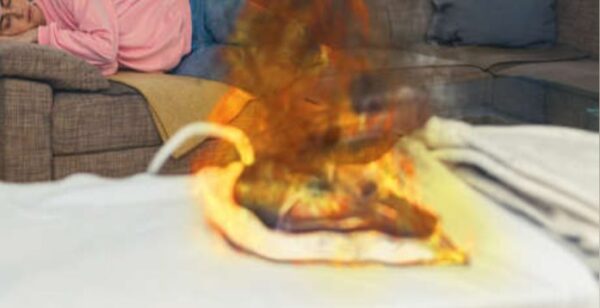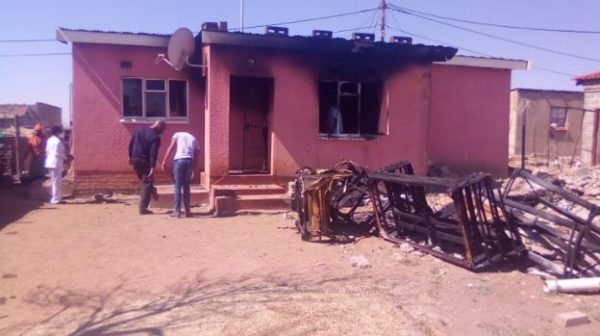1. Install smoke alarms on every level of the home, inside bedrooms, and outside sleeping areas
Smoke alarms provide critical early warning. Installing them in key areas—especially where people sleep—gives you the best chance to escape before a fire spreads. Don’t forget basements and upper floors.
2. Test smoke alarms once a month and replace batteries once a year
A non-working smoke alarm is as dangerous as not having one. Regular testing and annual battery changes ensure the alarm will function when you need it most.
3. Replace smoke alarm units every ten years
Over time, sensors in smoke alarms degrade. Even if the alarm still sounds during testing, it may not detect smoke efficiently. Replacing the unit every decade keeps your protection current.
4. Never leave cooking unattended
Most home fires start in the kitchen. If you walk away while cooking—especially when frying—you risk a fire starting without your notice. Stay nearby and focused when using heat on the stove or oven.
5. Keep flammable items away from stoves, heaters, and open flames
Objects like dish towels, curtains, paper, or clothing can ignite easily when placed too close to a heat source. Always maintain a safe distance between heat and flammable materials.
6. Use space heaters safely by keeping a 3-foot clearance around them
Space heaters need room to operate safely. Keep them away from furniture, bedding, and walls. Always turn them off when leaving the room or going to sleep.
7. Inspect electrical cords and outlets for damage
Worn, frayed, or overloaded cords are a major fire risk. Replace damaged cords and avoid plugging too many items into a single outlet or power strip.
8. Store flammable liquids in cool, ventilated areas away from heat
Household products like gasoline, paint, and certain cleaners can ignite if stored improperly. Keep them sealed, in original containers, and far from any heat source.
9. Use candles responsibly and never leave them burning unattended
Place candles on solid, stable surfaces far from anything that can catch fire. Always blow them out before leaving a room or going to bed.
10. Never smoke indoors or when tired
Smoking in bed or while drowsy is a major fire hazard. If you smoke, do it outside, and always make sure cigarettes are fully extinguished in a sturdy ashtray.
Let me know if you’d like a version of this you can print, post, or share—or if you’d like the top 10 fire survival tips in this same format.








